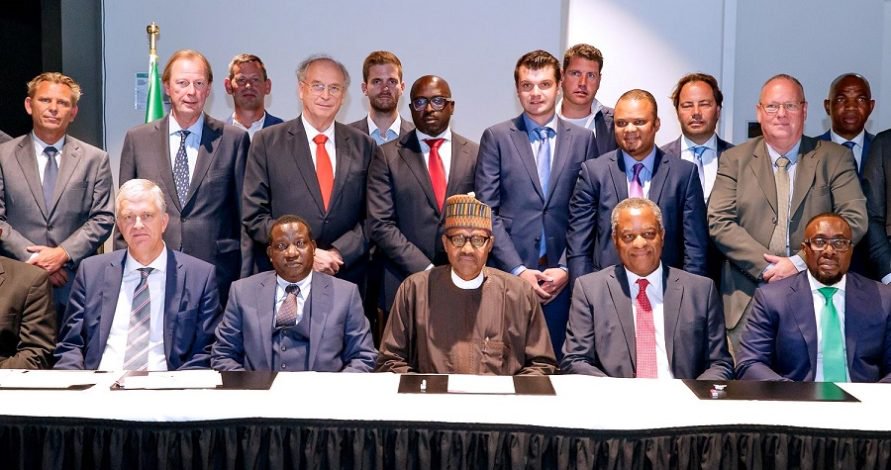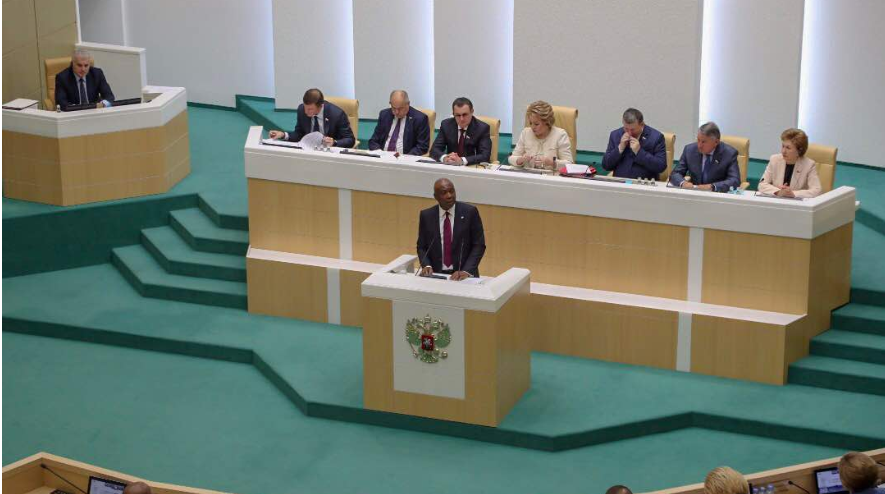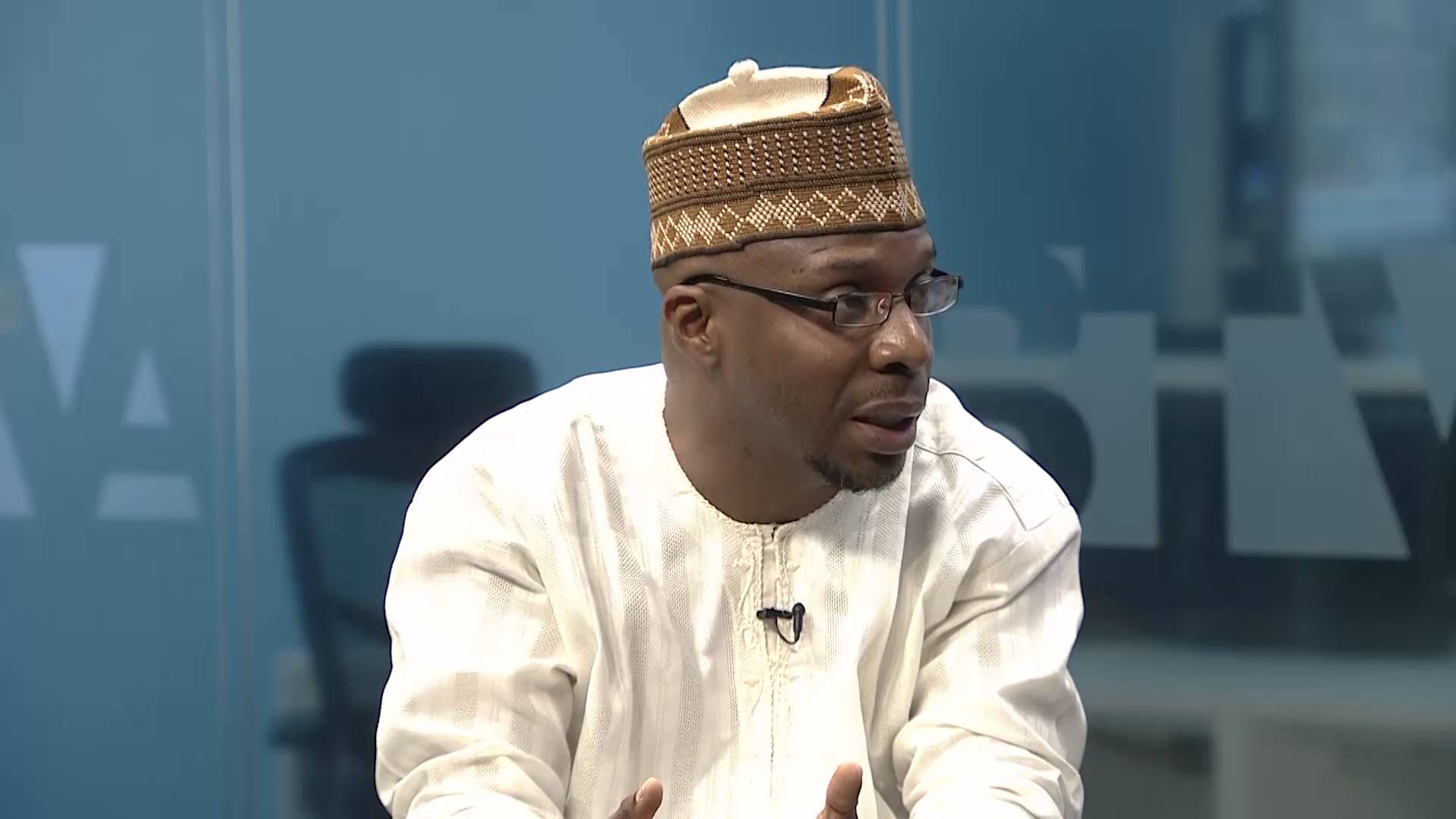The need for self independence has led many into undertaking several businesses that not only consumed the invested resources but also their valuable time. This is because of the missing knowledge of such businesses before the venture actually commences. More so, businesses does not necessarily have to begin on a big scale before profit can be made.
Across the world, people are looking for small business they can do to meet up with their daily growing spending. With the world’s fast rising rate of unemployment, it has become paramount that every unemployed youth starts a business no matter how small the business might be at the starting point.
According to McKinsey’s report in this year’s World Economic Forum held in Davos in which youth unemployment took centre stage; the report carries it that youth unemployment is growing in uncomfortable proportion. In India, which has one of the largest populations of young people in the world, 75 million youth are unemployed and more than 1 million people are added to the workforce each day. In Saudi Arabia, 70 per cent of the population is under the age of 30 and they are not finding jobs.
In Nigeria, youth unemployment is as high as 50%. The number keeps increasing in geometric sequence. 75 per cent of university professors believe they are adequately preparing their students for the workforce. Conversely, only 40 per cent of employers take the same view.
In most cases, it is not that those unemployed are not willing to start a business but their problem lies on finding the best business ideas to do with little capital they have at hand or were able to raise. So, if you are one of those that have little money like one hundred thousand naira (N100000), eight thousand naira (N80000), sixty thousand naira (N60000), fifty thousand naira (N50000), forty thousand naira (N40000), twenty thousand naira (N20000), even ten thousand naira (N10000) and the zeal to do business is in you; I have below a list of businesses you can start with such amount of money (N10, 000 –N100, 000 naira). Even if you don’t want to kick start immediately, you can prepare yourself to begin any of these businesses in 2018 or in the year to come. However, be aware that delay is dangerous; the earlier the better.
What do you require to succeed in any of the business?
- Your best brain
- Right mindset
- Passion
- Dedication
- Skills where necessary
Why will these less capital businesses thrive well in Africa especially Nigeria?
Yes! Businesses started in a populous continent like Africa is bound to thrive very well. Africa is one of populated continent in the world with a 38 percent urban population, India (30 percent) and nearly as China (45 percent). 52 African cities have a population of more than one million people.
Nigeria is Africa’s largest country by population. Lagos state alone record 17.5 million in population according to Lagos state government but latest report estimates the population at 21,642,797, making Lagos largest city in Africa and the seventh fastest growing city in the world. Kano as estimated by the Kano state government records 3,626,068 in population. Ibadan has a total population of 3,500,000 as of 2015; Abuja 3,000,000; Port-Harcourt 1,947,000 and so on. So with this high population in Nigerian cities and rural areas, businesses are bound to do very well if other things being equal.
Below are some of the businesses that requires a capital of N100,000:00 0r less;
- Beer parlour/bar business-Beer Parlour business is requires less capital start up. One hundred thousand naira will be enough to start a beer parlour business. Beer bars/parlours have become the top recreation destination for single and married couple, business people and the tourists. To draw huge customers and make more profit in your Beer Bars business, a full restaurant is smoke option and chilled beers which are served with snacks, fried snail, beef popularly called suya, chicken barbecue and fish pepper soup are added. With huge popularity of football fans in Nigeria and many other parts of Africa, if you add big-size TV to display football game, more customers of different classes of people will be attracted to the beer bars. Sometimes, especially weekends you can hire live bands to provide entertainment
A good location in a densely populated and accessible part of town with a competitive price and excellent customer service is essential to the success of this business.
- Mini Importation business-Importation business is a very lucrative business and easy to start with as little as N10, 000 plus. Usually, you make profit on every sale and then keep increasing the business. However, to succeed in this business; you have to learn the dons and don’ts of the business. The internet has made everything easier to access. You can sit down at the comfort of your room and order for any product you want to sale.
- Restaurant business-Most single young ladies and men of these days prefer eating at well decent restaurant where delicious food is being served. Restaurant business is a flourishing business especially in most cities like Lagos, Onitsha, Abuja, Port Harcourt, Aba, etc where people are highly busy that never find time to cook by themselves. The business is not capital intensive. With N70000 you can do this business. The two most important things necessary to succeed in this business are ability cook nicely and neatness.
PROFITABLE PRODUCTION BUSINESS-one of the high paying business you can start in your locality is production business. One good thing about production business is that you can fix and control the market price for the goods or product you produce rather than totally being control by market forces of demand and supply. Usually, most production businesses are capital intensive because costly machines employed in production. Starting production business can cost one as high as N300000, N500000, N1000000, and N200000, N750000, and N2000000+ depending on product you intend producing. However, you can still start some production business with capital as low as N100, 000.
- Perfume and liquid soap production-This business requires basic chemistry knowledge. With a capital of less than N80000 naira, you can start perfume and liquid soap production. For your liquid soap production, your first target market should be restaurant, hotel, fast food joints, beer parlours and catering centres. For the perfume production, you first target market should be high class professionals like bankers, lecturers, marketers, teachers and other service professional
- Fresh fruit juice production-The Fresh fruit juice production business is one of the profitable small businesses in Nigeria that is often neglected. The business sells fast most in highly populated cites like Lagos, Anambra, Port Harcourt, Abuja, Aba, Kano etc. Fruit juices are serve cold in filling station, hotels etc. So, outside the cost of buying freezer and power plant (Generator), you can start fresh fruit juice production with amount as low as N10000; N20000; N30000; N50000.
PROFITABLE PRODUCTION AGRICULTURAL BUSINESS– These Agricultural businesses can be started as a sole-proprietor business and then grown into a full blown Limited Liability Company. Here are agricultural business that you can start with capital as low as N100000;
- Garri processing business – Rice milling is a fast moving business that thrive very in rural and sub-urban locality. This business often predominates in places like Abakaliki, Benue, Ajibode, Benin. Mechanizing this business in these areas is worth rewarding, however, mechanizing it may requires a startup capital of at-least 250000 -300000)
- Palm oil milling and processing business – Commercial palm oil milling and processing may required up-to a startup capital of 400000.
- Rice milling – Rice milling is a rural and sub-urban lucrative agricultural business. New technology and cost of machine for milling rice has drastically affected the start-up capital of this business. With the latest technology in rice milling, starting rice milling business can cost as high as N250000 to N750000.
- Small scale fish fingerling-Fish Fingerling is easy to start especially where there is availability of water supply. With the sum of N90, 000 to N80, 000 one can set up a small scale fish fingerling. In this business, you can be making over 100% returns but it requires care and monitory. Good water ph and climate conditions are necessary for the success of this business.
- Snail farming–Snail farming is not difficult to start and you don’t need up to N100, 000 Naira to start this business. With 50K to 80K, you can start snail farming in your locality. Snail is very expensive in the restaurants and hotels where they serve. So, after you finish rearing set of snail, you can always take them to restaurants and hotels for sale. Snail is a hot market and a market for high class people.
- Boiler poultry farming-This is one of the easiest businesses to start with little money. With N20, 000+ you can do this business. The business does not does not require skill. The major thing you needed in this business is availability of space and water supply. Day old chicken (boiler) may cost N150/each, so you can with 50 chickens which cost a total of N7500. In less than 9 weeks, you can start selling these birds at the rate of N1800 to N2000 naira per each. However, bear in mind that this business is seasonal although it can done at all time.
- Dog breeding-In certain northern part of Nigeria like JOS and southern part of the Nigeria, dog breeding business is thriving very well. Some people breed the dogs for meat (popularly called 404) and others for pet purposes. The business is a lucrative one. With seventy thousand naira (N70, 000), you can buy a female English dog and breed. When the dog delivers, it can give birth to seven…eight puppies which you can sell at the rate of seventy thousand naira each. The major cost you will incur in this business is in feeding of the dog. You have to be dog friendly for you to be able to do this business.
- Small scale piggery farming-Piggery farming is one the oldest lucrative business. Some people in the northern part of Nigeria, especially those with cold weather consume pork meat so much. You can start piggery farming with N60000+ and sometimes you need to employ an assistant.
- Mobile phone accessories business-Mobile phones accessories business is lucrative business. We have millions of GSM users. Mobile phones like Nokia product, Samsung product, Sony Ericsson product, Blackberry, Techno, and other smart phones; their repair parts and accessories are readily available in the market. A total capital of $ 120 (N20000) will be enough to start the business in a small scale however if you are to start the business in more large scale, the cost of starting may increase.
- Computer parts and repair business-skills on computer hardware repair and software troubleshooting are required in this business. You can easily acquire this skill or knowledge by attaching yourself to an experience computer hardware and software repair expert before you starting your own computer repair business. Usually, starting this business will not cost you up to N80000 and you can make big time when you become so popular.
- Mini Business centre-mini Business centre is a highly lucrative business especially when cited in within tertiary institutions like universities, polytechnics and colleges or around these institutions. A set of desktop computer at the cost of N25000, one three in one photocopying machine (Scanning, printing and photocopying machine) at cost of N60000, tables and chairs are enough to start this business. Snacks with soft drinks and few provisions are added to make it business, a mini business centre. So, a total amount of one hundred thousand naira is enough to start this business.
- Beads shop and making business
- Video centre, music and film copyright/ renting business
Fast selling business – Most fast selling business are best started small and then grow later. This allow for testing varieties of products before settling with high profit yielding ones. Ladies wears and babies wears has proven to be lucrative and fast moving product to sell in Nigeria. Okirika Ladies and Babies wears are also in this category of business.
- Sales of ladies handbags, Jewelleries, wrist watches and perfumes
- Sales of babies wear
Profitable internet business– the one of the less expensive business to start today anywhere is internet business. You can most internet business with capital less than N100, 000. However, starting any internet business requires that you have the basic knowledge of the internet. Again, it also requires that you grounded in the aspect of the internet business you intended starting. Here are some internet businesses you can do with N50, 000+;
- Internet course training
- Affiliate marketing
- Internet marketing business
- Blogging business
25. Website development and Consultation


